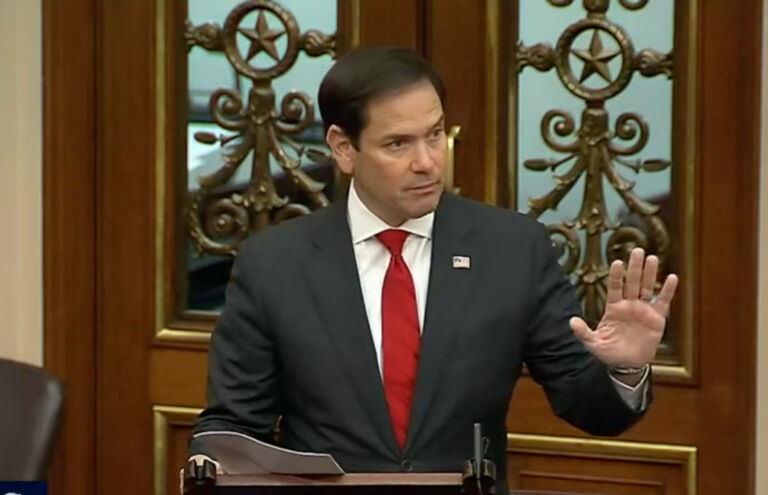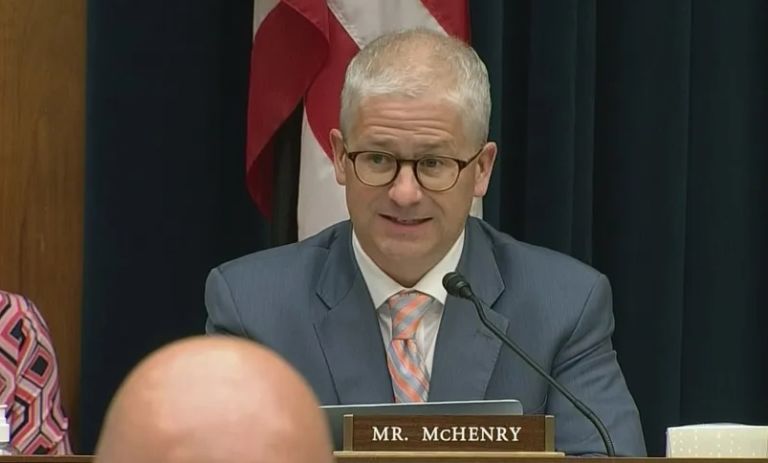Jillian Ballow writes for the Washington Examiner that Republicans should look to Virginia Gov. Glenn Youngkin for ideas about good governance.
Over the last 14 months, it has been my privilege to jumpstart Gov. Glenn Youngkin’s education agenda as Virginia’s 26th Superintendent of Public Instruction. His agenda serves as a model for pragmatic reform that empowers parents and raises the bar for schools in Virginia and across the nation.
Youngkin’s 2021 victory in what had been a reliably blue state reframed conventional wisdom about education policy and reform. And it owed to a fundamental belief that parents should be involved in and in charge of their children’s education.
Long before winning his election, Youngkin’s “parents matter” agenda captured the attention of education experts throughout the country, myself included. (I am among a small handful of education leaders to have served as state superintendent in two states.) More importantly, his vision caught the attention of voters, who overwhelmingly did not buy into progressive, often radical, ideologies being pushed on students.
Exit polling showed that Youngkin earned a more than two-to-one advantage among voters for whom education was their most important issue. That surge — which, let’s be honest, was suburban moms — helped deliver his victory in a state that, only a year earlier, President Biden had won by 10 points and where for more than a decade, both the state’s U.S. senators have been Democrats.
As pundits would later analyze, Youngkin’s win was about much more than education policy as usual. It was a referendum over school control, and it came amid a perfect storm of frustrations — school closures, mask mandates, lesson plans rife with ideological subterfuge, and mounting opacity between administrators and families.
Youngkin’s first order of business was to “calm the storm” that had been brewing for several years. Within weeks of taking office, we lifted the student mask mandate, made in-person schooling an expectation, not a luxury, and talked honestly and often about how social issues had become more important than students’ academic success.


